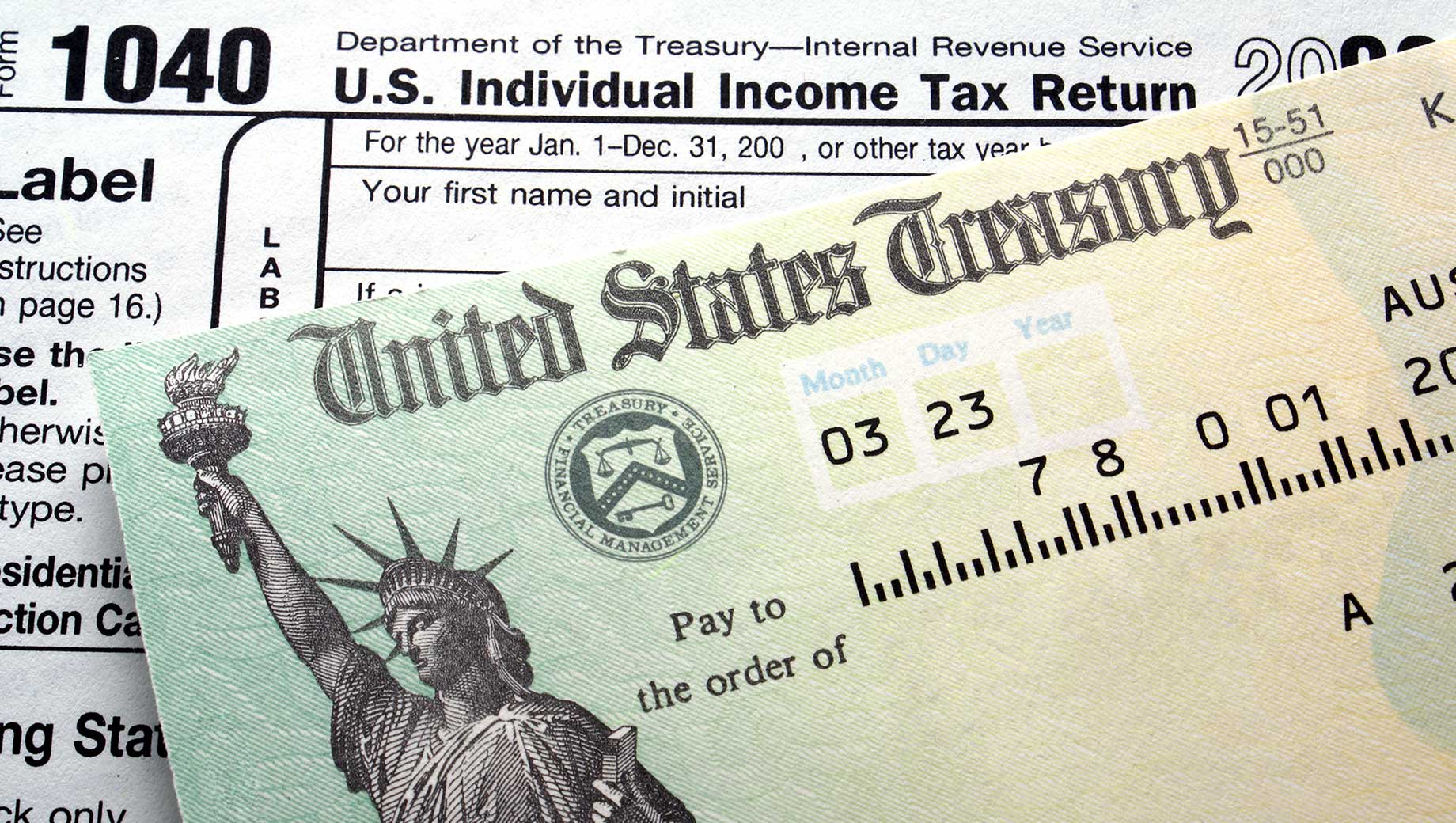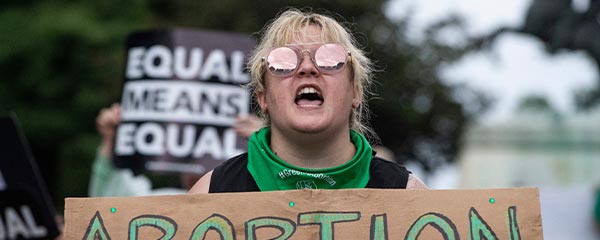Calls for higher taxes for those at the top end of the income and wealth spectrum were a major part of President Joe Biden's 2020 presidential campaign. The administration's interest in raising taxes on the rich has continued since Biden took office, including the recently proposed Billionaire Minimum Income Tax law that would require the wealthiest American households to pay a minimum of 20% on all of their income.
But the $430 billion Inflation Reduction Act passed by the Senate and about to be passed by the House and signed into law by the president ended up with no direct change in tax rates for rich Americans -- or any Americans for that matter. As a report in The Hill noted, the new legislation "leaves out most of President Biden's proposals to pull in greater government revenues from rich taxpayers. Increases in individual income tax rates for high earners, increases in the estate tax, increased taxes on capital gains like stock and property holdings, a tax on billionaires, a plan to build out the net investment income tax and a surtax on high-income households are plans that have been scrapped from the Inflation Reduction Act."
Some of the new law's provisions will no doubt affect the taxes of the rich (and other taxpayers) indirectly. For one thing, the law provided billions in new funding for the IRS. This, in turn, will lead to more frequent and stringent audits that can ultimately result in higher taxes. Additionally, increased taxes on corporations may affect those with stock ownership. These tend to be higher-income individuals, although average workers' 401(k) plans and pay raises could also be affected. And other corporate entities affected by the bill claim their increased tax burdens will be passed on to taxpayers.
But overall, rich taxpayers, for the most part, were spared the specific or direct increases in taxes initially envisioned by Democratic leaders.
The average American, on the other hand, would not have minded if the law had increased taxes on the rich. Americans tend to be more likely than not to favor higher taxes on those with high incomes. This fact of life has been well-established across a wide variety of public opinion indicators over the years.
As a case in point, Gallup just updated a classic question asking about taxes on the rich:
This question was first asked by Fortune back in 1939 -- at the tail end of the depression. At that point, there were record rates of unemployment and poverty. One might suppose that Americans would have been very happy to agree that the rich should be heavily taxed. But they actually weren't. In that 1939 poll, despite the challenging economic conditions, just 35% of Americans approved of the idea, while 54% disapproved.
When Gallup asked the question again in 1998, a slim majority of 51% disapproved. In the nine times the question has been asked since then, positive reactions to this idea of "heavy taxes on the rich" have been generally higher, although variable. In 2008 and 2011, the public disapproved by slight margins. But in surveys conducted in 2013, 2015, 2016 and in July of this year, slim majorities approved of the idea of heavy taxes on the rich in order to redistribute wealth. The latest results are 52% approve, 47% disapprove.
In short, the question confirms the well-documented finding noted above. Americans tend to agree with the idea that those with more money should pay even more in taxes than they do now.
Attitudes on Taxing the Rich Vary by Partisanship, Question Wording
As is often the case, American public opinion on taxing the rich varies depending on how the policy is explained. And it is not constant across all population segments.
For one thing, not surprisingly, Democrats are much more likely than Republicans to favor heavy taxes on the rich. This partisan gap has been significant and consistent over the years.
About seven in 10 Democrats and Democratic-leaning independents have supported heavier taxes on the rich each time the classic Gallup question has been asked since October 2008. That compares to a consistent third or less of Republicans. In July's update, 79% of Democrats support the idea of heavy taxes on the rich; 24% of Republicans agree. The partisan gap seen since October 2008 is slightly larger than it was in 2007 and April 2008.
All other questions asking about taxes on the rich with which I'm familiar show this same type of partisan division. Democrats tend to favor redistribution. Republicans do not.
Attitudes also vary depending on how taxing-the-rich policies are explained in survey question wording.
The Gallup trend question is noteworthy because of its specific language. The question asks directly about how far "a government" should go; it talks about redistributing wealth, and it asks about "heavy" taxes on the rich. Questions using what I would typify as more temperate wording produce higher support for the concept of taxing the rich.
As one example, Gallup has asked the public for many years about the tax burden imposed on various segments of society. Gallup's question gives Americans a choice in saying that each segment pays their fair share, too much or too little. With only one exception, at least six in 10 Americans for over a quarter of a century have agreed that upper-income Americans pay too little in taxes. This includes 62% in Gallup's latest update in 2018.
Another Gallup question asks about money and wealth redistribution more generally. As of 2016, well over half of Americans said that "money and wealth in this country should be more evenly distributed among a larger percentage of the people." Similar responses were obtained every time the question has been asked going back to 1985.
Many other polls confirm these basic findings. Fairly large majorities of Americans favor the concept of higher taxes on the rich, with exact percentages dependent on how the concept is explained.
- A POLITICO/Morning Consult poll released in February 2019 showed that three-quarters of voters said that the wealthiest Americans should pay more in taxes.
- Pew Research in September 2019 found 60% of Americans believing "the government should raise taxes on the wealthiest Americans" to address economic inequality in this country.
- A Reuters/Ipsos poll reported in January 2020 showed 64% agreement with the statement that "the very rich should contribute an extra share of their total wealth each year to support public programs."
- A New York Times poll conducted in November 2020 found that about two-thirds of respondents supported higher taxes on those making $400,000 or more a year.
- An NPR/PBS NewsHour/Marist poll in July 2019 found 62% thinking a higher tax rate on income above $1 million is a good idea.
- Biden's own campaign pollster advised the president in early 2021 to "talk loudly and proudly about raising taxes on the rich," based on his research showing strong majority support for the idea.
- A POLITICO/Morning Consult poll conducted in September 2021 found 74% agreement with the statement, "The wealthiest Americans should pay higher taxes."
Although the specific percentages vary, the general results are so consistent that a Money headline a couple of years ago proclaimed, albeit with some hyperbole, "Most Americans Want the Rich to Pay Higher Taxes, According to Every Poll Everywhere." The general, abstract idea of reducing the gap between roles with the highest incomes and those with the lowest incomes, in short, clearly resonates with Americans' underlying attitudes.
Not an Evidently High Priority
Over six in 10 Americans are dissatisfied with the way income and wealth are distributed in the U.S. Almost three-quarters worry about the issue, with 46% saying they worry a great deal.
It is, however, hard to find evidence that reducing inequality translates into a top priority for Americans. Negligible numbers of Americans mention income or wealth inequality as the most important problem facing the nation. Pew Research noted in reviewing a 2019 poll that few Americans see reducing economic inequality "as a top priority for the federal government to address." And Gallup research conducted in 2018 found the distribution of income and wealth dead last on a list of priorities for the president and Congress.
Bottom Line
How valued resources are distributed across all members of a society is among the most important challenges a society faces. No social system distributes resources equally. This leaves the inevitable reality of "inequality" where some end up with more than others. Dealing with this inequality has been one of society's most significant challenges throughout history. And it remains so today.
The people of the United States have addressed inequality in many ways throughout the nation's history. In particular, the government has for over a century carried out a progressive tax system that extracts higher percentages of taxes from those with the most income.
The American public, taken as a whole, approves of this progressive system. The majority of the public would like to see taxes become even more progressive. But today's political realities don't appear conducive to an agreement on new taxes on the rich. Rank-and-file Republicans, and their leaders in Congress, remain strongly opposed to new taxes. And, as evidenced by the new Inflation Reduction Act about to become law, Democratic leadership has, in the end, decided to proceed without arguing or attempting to change the fundamentals of the individual tax system. What might happen in the future, of course, remains to be seen.




